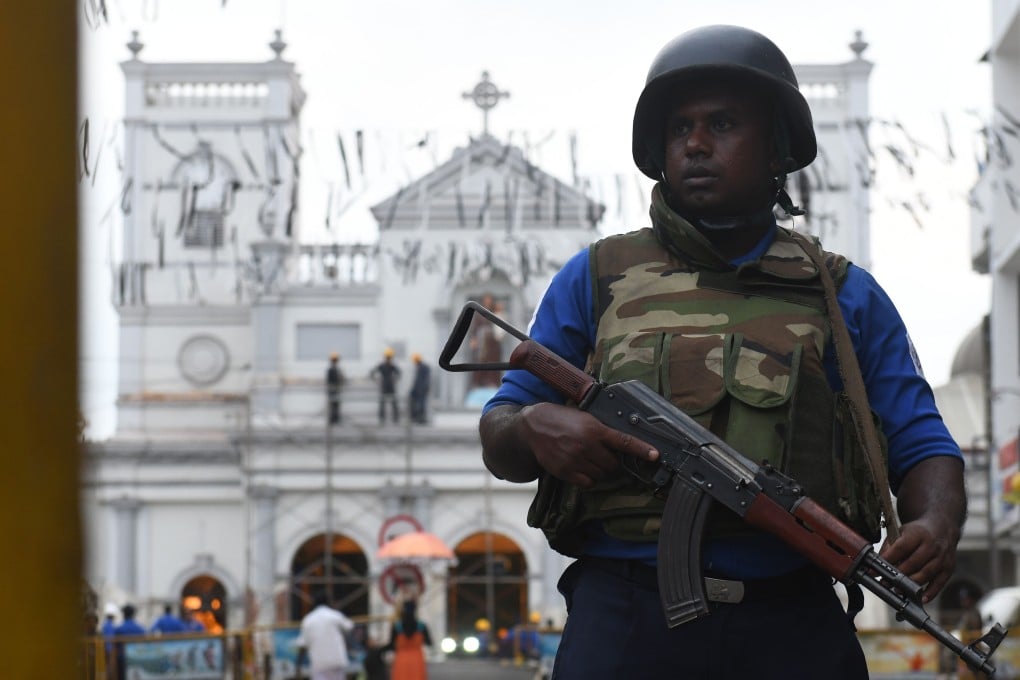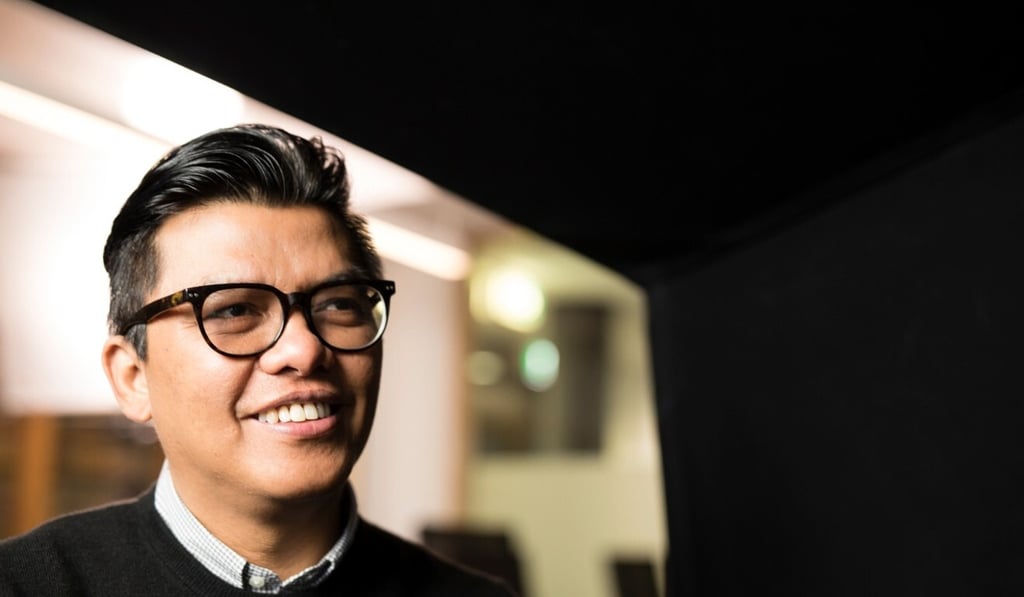Advertisement
Far right vs Islamists: a vicious circle of extremism in Southeast Asia?
- Arrest of a boy in Singapore who allegedly plotted machete attacks at mosques raises threat of far-right extremism spreading to the region
- Experts warn of a vicious circle of ‘reciprocal radicalisation’, in which Islamist and far-right groups launch tit-for-tat revenge attacks
Reading Time:5 minutes
Why you can trust SCMP
5

The detention of a Protestant Christian teenage boy in Singapore who allegedly plotted terror attacks at two mosques has raised concerns of the danger of Western-style far-right extremism in Southeast Asia, where previously, attention had largely been focused on radicalisation affecting its Muslim communities.
The 16-year-old, who is of Indian ethnicity, was arrested in December. He was said by authorities last week to have been inspired by the 2019 shootings at two mosques in Christchurch, New Zealand, during which the white supremacist Brenton Tarrant killed 51 people. The boy is thought to have hatched his own plot to attack worshippers with a machete following an attack by an Islamist extremist in Nice, France, in which a woman was beheaded in a church and two others killed.
Experts say the significance of the boy’s arrest is about more than this single case; they say it raises the spectre of “reciprocal radicalisation”, a vicious circle in which extremist groups become increasingly violent as they launch tit-for-tat revenge attacks in response to each other’s activities.
They warn the case of the boy in Singapore has already been seized upon by radical Islamist groups who are using it to propagate a narrative of Muslims being under attack by non-Muslims.
“The rise of the far right these days can be called ‘reciprocal radicalisation’, in which two sides – the Islamists and the far right – feed off each other,” said Noor Huda Ismail, a documentary filmmaker on terrorism and visiting fellow at S. Rajaratnam School of International Studies in Singapore.

“The Singapore incident has been used as a powerful narrative for recruitment by radical groups who say, ‘See, it is not true that Christians are not up to something against us, the Muslims’,” said Huda, an Indonesian who founded his country’s first private deradicalisation organisation, the Institute for International Peace Building.
Advertisement